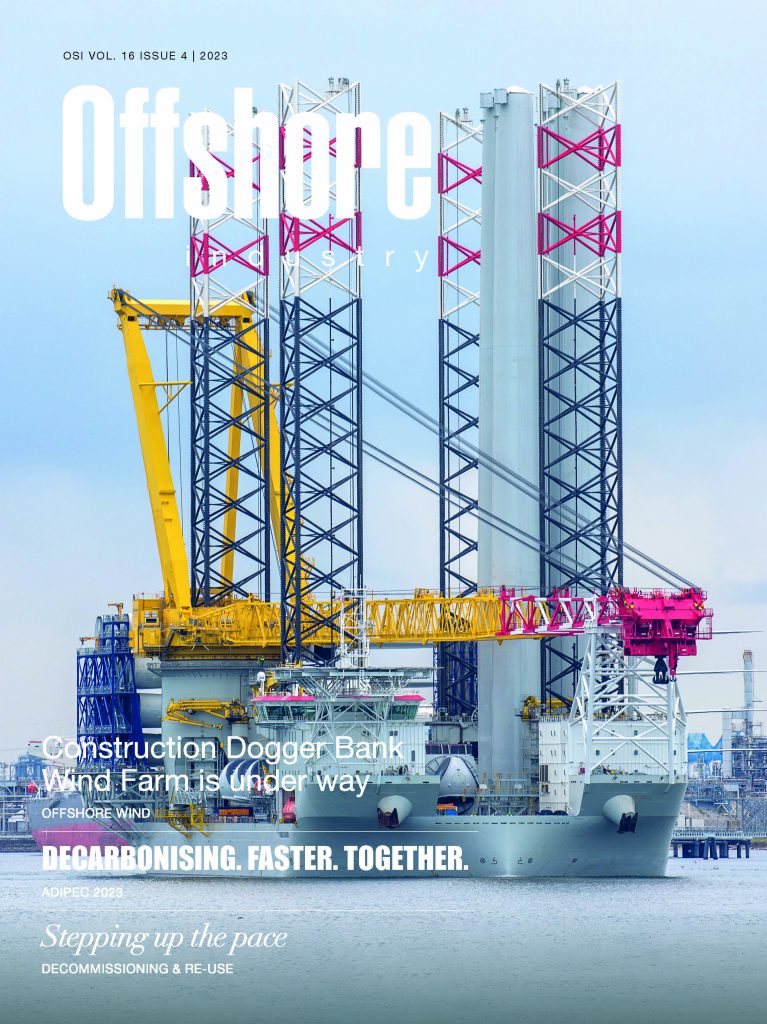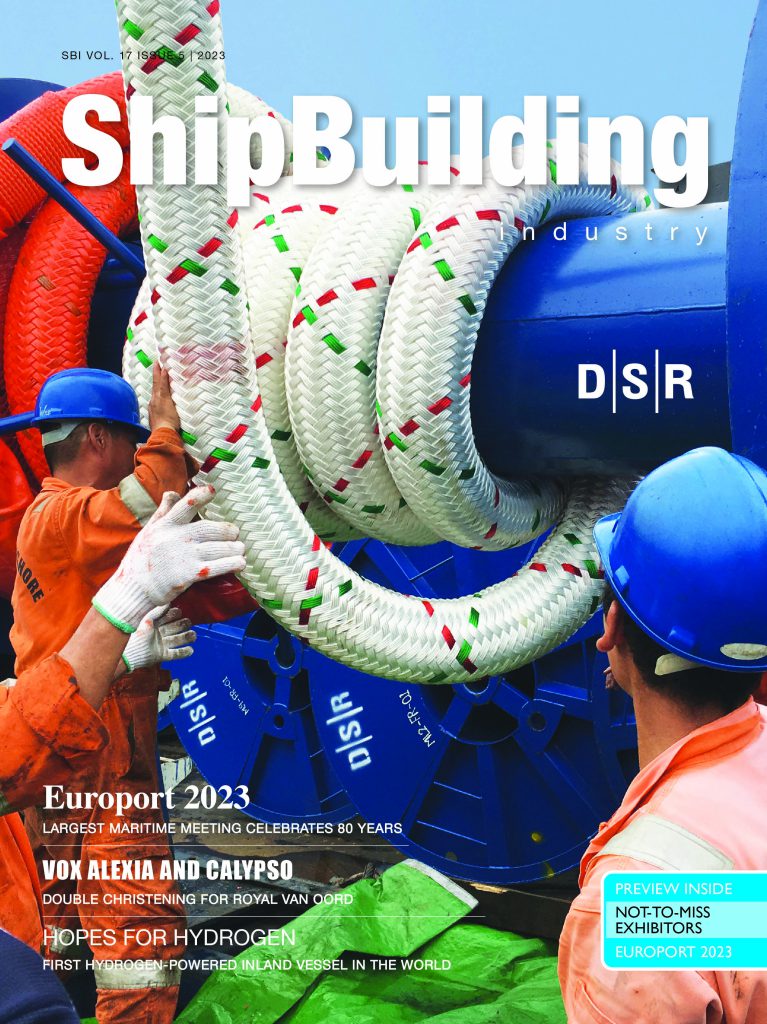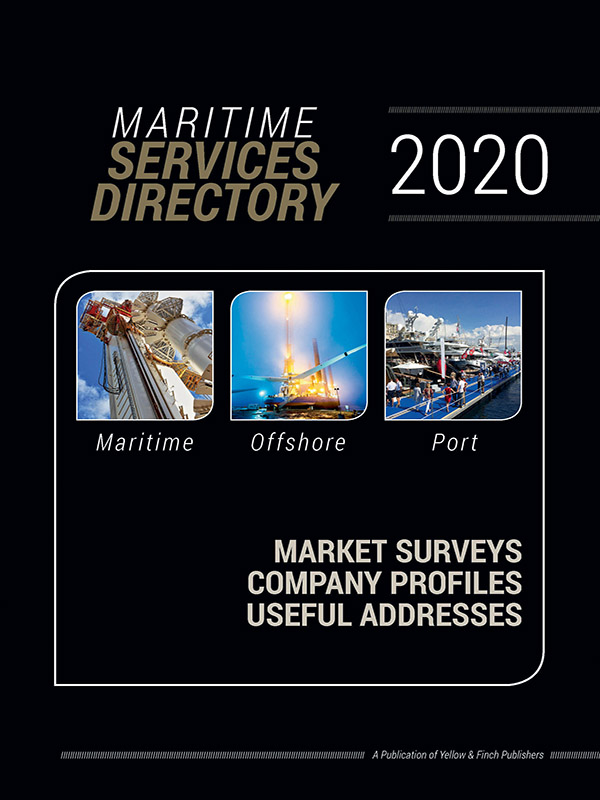IMCA Has Published Logbook Offshore Crane Operations
 Offshore crane operations can encompass lifts as heavy as 13,000 t, as challenging as stabbing a flare boom at a great height or lifting containers in a heavy sea, and as vital as lowering a 50m long Z shaped spool piece to the seabed or lifting a personnel basket. Whatever the task, safety and knowledge of a crane’s operational history is of paramount importance, which is why the International Marine Contractors Association (IMCA) has published the ‘Crane Logbook for Offshore Vessels’.
Offshore crane operations can encompass lifts as heavy as 13,000 t, as challenging as stabbing a flare boom at a great height or lifting containers in a heavy sea, and as vital as lowering a 50m long Z shaped spool piece to the seabed or lifting a personnel basket. Whatever the task, safety and knowledge of a crane’s operational history is of paramount importance, which is why the International Marine Contractors Association (IMCA) has published the ‘Crane Logbook for Offshore Vessels’.
Logbook
“This logbook is intended to assist vessel operators and masters in keeping a useful record of the operational history of cranes on vessels, especially where automatic data recording is not available or is not sufficient, but importantly, also for noting details of incidents and other information that may affect the crane”, explains IMCA’s chief executive, Hugh Williams. “Correct entries and information will help to ensure continued safe crane operations. This logbook, its companion volume aimed at crane operators, and our guidance and safety promotion material on lifting all contribute to safety consciousness.”
Four Sections
The logbook comprises four distinct sections – explanatory notes; crane identity; crane operations record; and event record. The crane identify section of the logbook provides a format for identifying the crane. Companies may wish to include further references, such as any identifying numbers required by regulators.
Crane Operations Record
The crane operations record contains numbered pages for logging crane operational hours as well as helpful notes and a completed example. Depending on the company requirements, the form allows for entries to be made by the crane operator and authorised by a relevant authority, such as the vessel master or chief officer, or chief engineer, and can be endorsed with the vessel’s stamp and signatory’s name in block capitals. The final section, the event record, is to record details of any incident, near miss or mechanical defects, or any other notes relevant to the safe and efficient operation of the crane. “Use of the logbook enables a very comprehensive record of each and every crane to be kept on board a vessel, and is thus an invaluable aid to increased safety”, comments Hugh Williams. “I urge all owners, operators, Masters or other senior personnel on board a vessel to ensure that each of their cranes has its own log book.”






